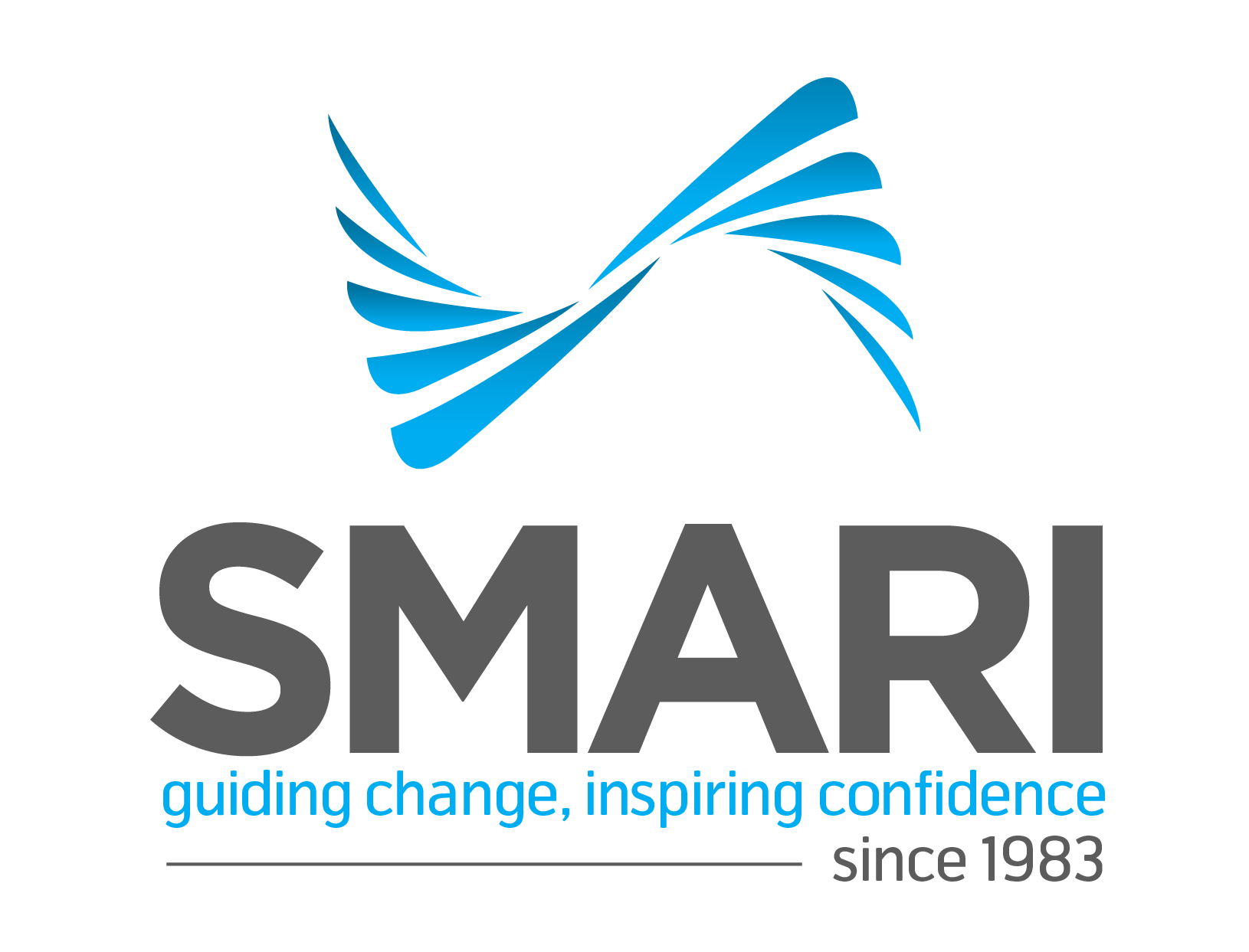Case Study: Co-Moderating an Online Focus Group – itracks Chat
The Company
Strategic Marketing and Research, Inc. (SMARI) is a full service custom market research firm operating in Indianapolis, Indiana. Offering a partnership approach to their clients, SMARI provides personalized research-based marketing solutions for unique challenges faced by today’s business professionals. Using a multitude of methodologies to provide the best solution for their clients’ needs, SMARI services industries such as health care, financial and insurance services, retail, travel and tourism, manufacturing, not-for-profit organizations and utilities. SMARI has 5 years of experience moderating online focus groups while over 25 years of experience with traditional face-to-face focus groups.
The Need
To ensure their clients receive the highest quality data from an online focus group (OLFG), SMARI conducted five trial OLFGs for a non-profit organization to evaluate and establish a moderating approach suitable for the online environment. The pace of an online focus group is accelerated due to the simultaneous responses provided in a matter of seconds. This fast pace can lead to an environment of poor group dynamics resulting in missed opportunities to drill down responses and establish rapport with the respondents. SMARI wanted to create an environment where respondents are free to express their opinions and stay on task while they provide their clients with a positive online research experience.
SMARI’s goal was to create an online moderating approach that creates a group dynamic which supports participants, clients and moderators. This moderating approach was to assist participants to stay on task and to feel comfortable as they engage in the group discussion. It was also to help moderators probe vague responses, encourage reluctant respondents, communicate with their client, direct the pace of the conversation and accommodate for response patterns.
The Solution
To account for the fast paced environment of an OLFG and to create the desired group dynamics, Jim Ittenbach, SMARI’s CEO, decided that SMARI would use a comoderating approach for all its online focus groups. During a co-moderator approach, each moderator plays a separate and vital role in the successful execution of an OLFG while communicating and working together to achieve group dynamics and produce quality data. The lead moderator is responsible for the pace of discussion and following the response patterns. While presenting the discussion questions to the participants, the lead moderator also redirects the discussion based on responses and/or client recommendations.
itracks’ OLFG software allows the moderator to preload their discussion guide, providing them with the convenience of posting questions with a click of a button during the discussion. As well, the moderator has the flexibility to redirect the line of questioning. The co-moderator, or second moderator, is responsible for communicating with observers and/or clients, probing vague responses, and encouraging reluctant respondents.
The Outcome
The co-moderating approach has proven to be successful for SMARI and their clients. Melanie Schumacher, SMARI Project Director, states that this innovative approach “provides notably richer text to perform the analysis, given our ability to clarify vague or ambiguous responses, cover a broader breadth of information, accommodate larger groups and engage all participants to their maximum comfort level”. Overall a co-moderator approach has improved group dynamics, participant comfort level, client experience, data collection and the analysis process.
Learning Objective
During the co-moderator approach, both moderators need increased communication and organization to ensure they are aware of their roles and perform accordingly during the discussion. As a qualitative researcher transitioning your moderating skills and techniques to the online environment, a co-moderator approach can assist you in maintaining group dynamics while adjusting to the pace of the discussion.
Whether you are new to the methodology or have used online focus groups before, using a co-moderator approach can help you and the participants become comfortable with the medium as well as provide your clients with the quality of data they need.
